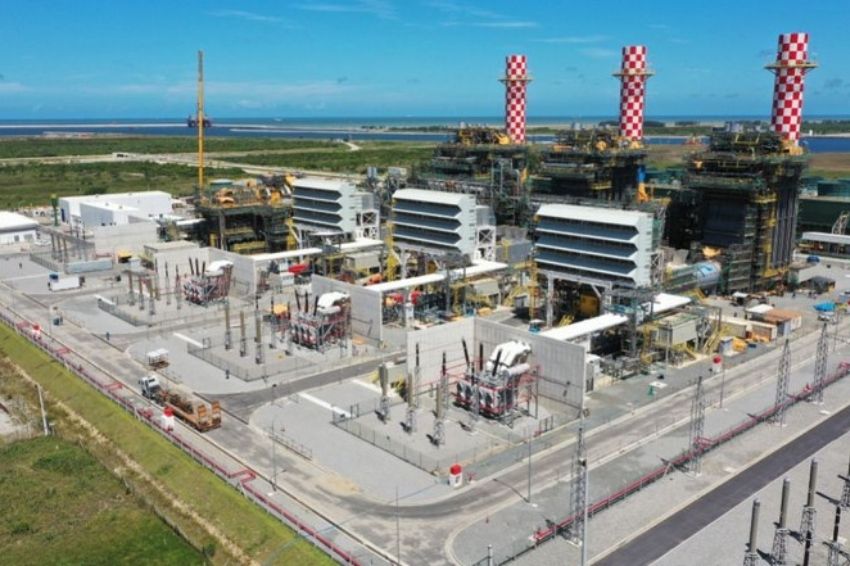The general director of ANEEL (National Electric Energy Agency), André Pepitone, said that the activation of thermoelectric plants in the midst of the water crisis will increase the additional cost of dispatching these plants by almost R$ 9 billion between the months of January and November and confirmed that the amounts will be passed on to consumers in 2022.
The statement was made last Tuesday (15), during another public hearing of the Mines and Energy Commission, in the Chamber of Deputies, in Brasília (DF).
During the meeting with parliamentarians, the executive also recognized the seriousness of the Brazilian water crisis, but assured that the current situation is better than in 2001, when energy rationing occurred.
According to him, factors such as the expansion of transmission lines and the inclusion of renewable sources (solar and wind energy) in the electrical matrix were fundamental in alleviating the problem.
“We have energy security today that is much more robust than it was 20 years ago,” he highlighted. Pepitone also said that the Agency chose to maintain the decision to suspend the power cut due to default by low-income consumers throughout Brazil.
Know more:ANEEL extends the deadline for power cuts for low-income populations
The measure, which would end on June 30th, will remain in force until September 30th, 2021 for consumers of the social electricity tariff, covering approximately 12 million families.
Water crisis
Brazil is currently experiencing the biggest drought in its history, with critical levels of water reserves in its strategic reservoirs. In some plants, the index is below 10%, according to ONS data (National Electrical System Operator).
This is the case, for example, of the Marimbondo and Água Vermelha reservoirs, in the Paraná River Basin. Amid this worrying scenario, the possibility of energy rationing is raised.
In the understanding of experts, investments in renewable energy, including solar energy, prove to be a viable solution to face the problem, since more than half of the country's energy matrix comes from energy generated by hydroelectric plants.
















